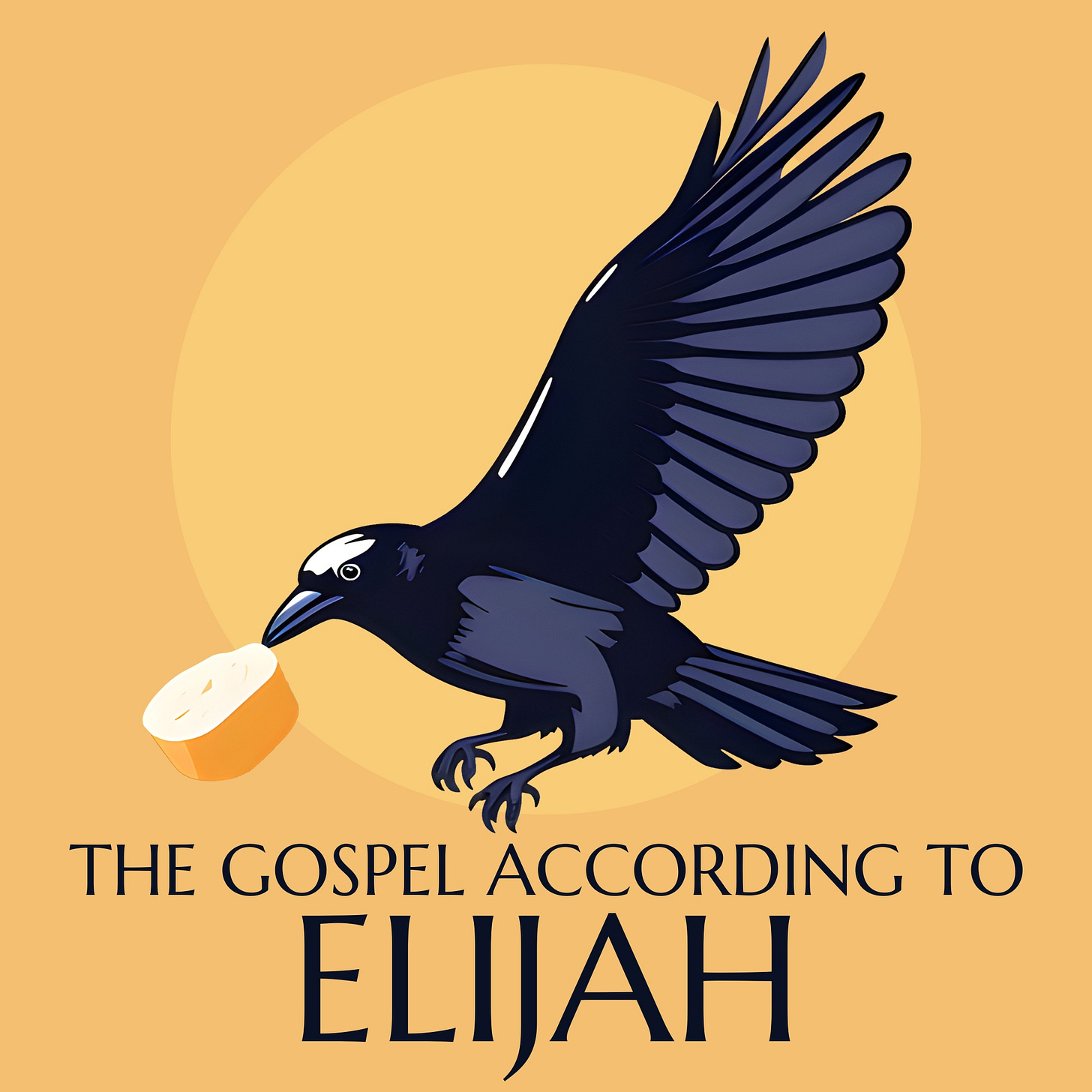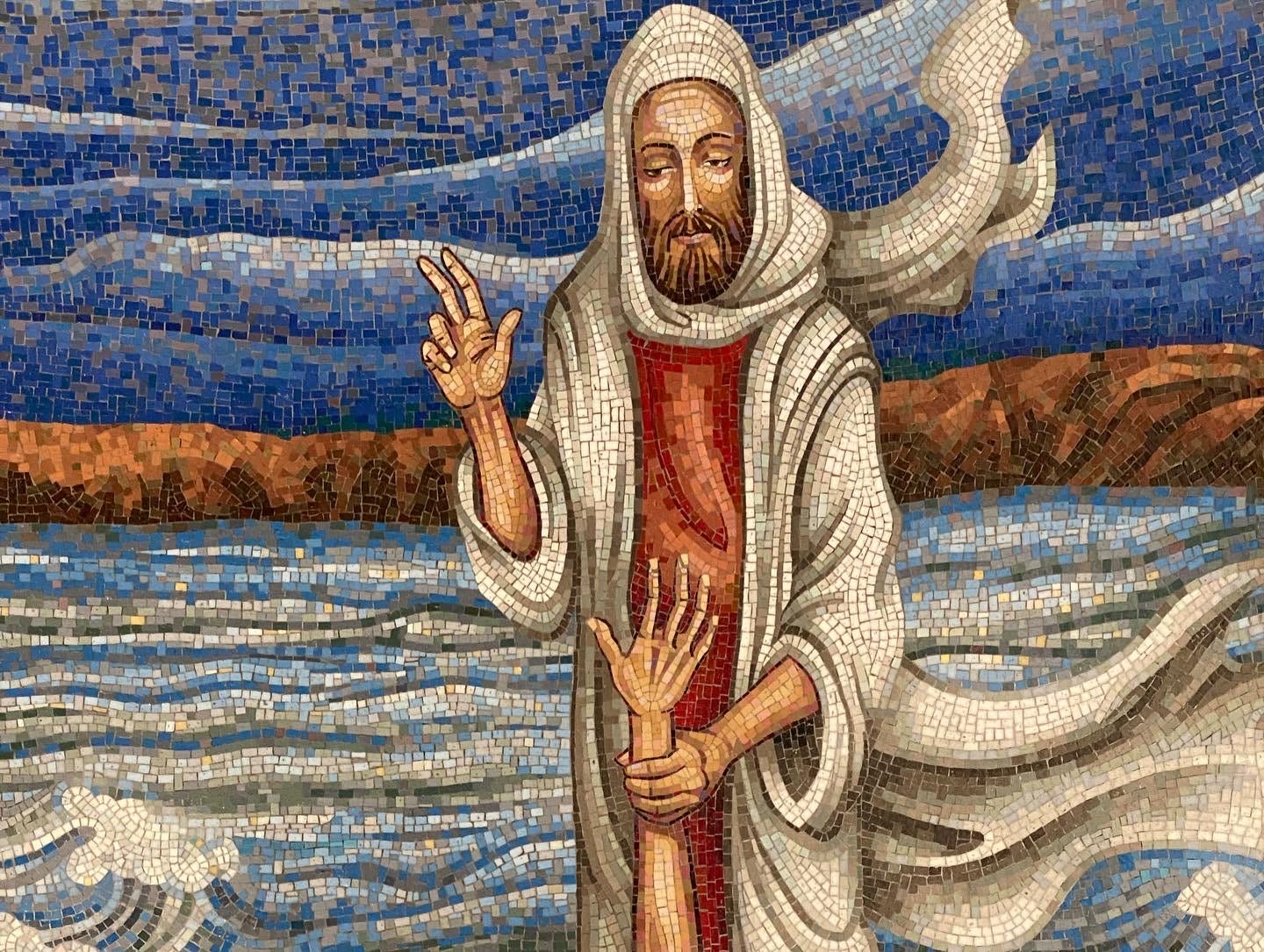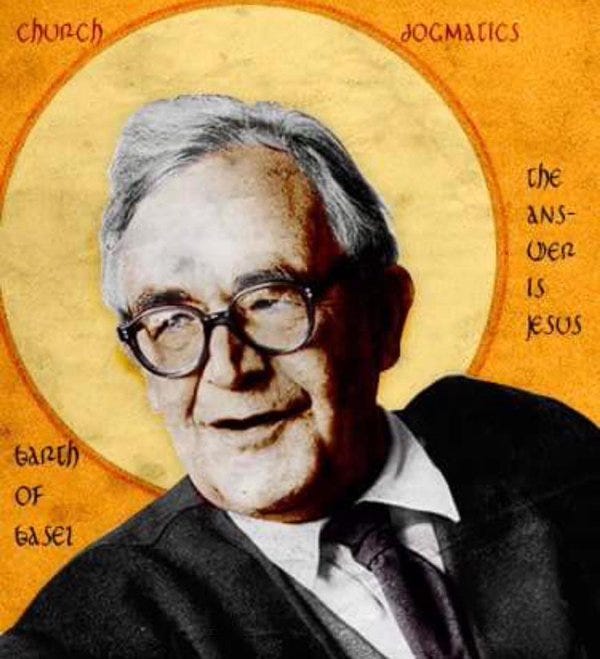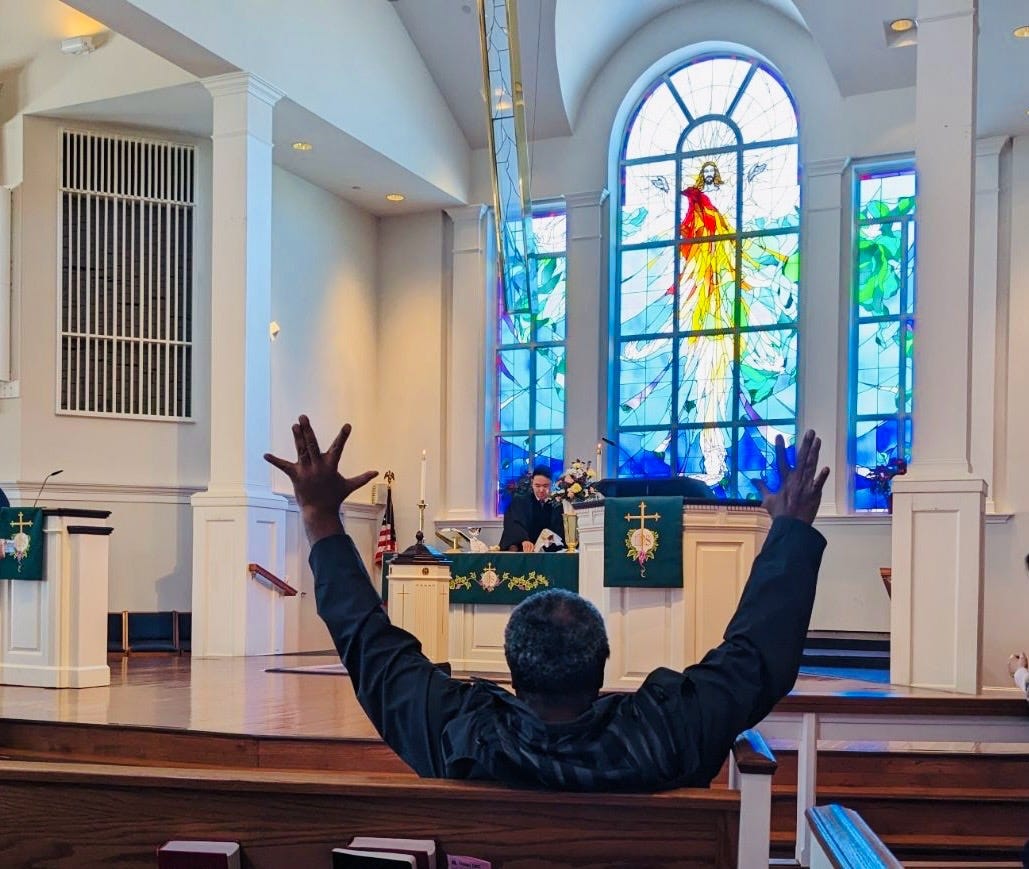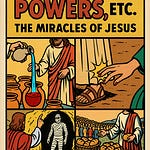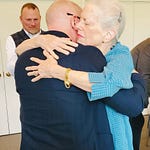2 Kings 2.1-14
In 1963, at the height of the civil rights movement, Robert Spike was the head of the Commission on Religion and Race for the National Council of Churches. Spike traveled to Savannah, Georgia that summer where the young black leader Andrew Young was leading mass meetings to prepare for dangerous night marches in order to win voting rights. Hundreds of black protestors in the city had already gone to jail.
Robert Spike was white.
Thus, his position at the Commission permitted him to witness firsthand what few other white people had the opportunity to experience— how the movement’s so-called mass meetings, in reality, functioned as services of Christian worship. In other words, the movement was a movement of the living God.
The meetings impressed Robert Spike for their impassioned preaching of the gospel and their explosive singing of praise. Spike— who had a theological education — wrote back to his colleagues at the Commission on Religion and Race:
“I had the strongest feeling that I was in Egypt on the night of the Passover before the Red Sea parted . . .”
In his own memoir about the civil rights movement, Andrew Young likewise hearkens back to the Lord’s rescue of captive Israel in oder to recall the parting of the waters in Birmingham, Alabama in 1964. Young writes in An Easy Burden:
“Easter Sunday dawned with Martin [Luther King] in jail…We planned a march from New Pilgrim Baptist Church to the city jail for the afternoon of Easter Sunday…By the time church ended some five thousand people had gathered…dressed in their best Sunday clothes.”
The protestors marched in a festive spirit until suddenly they encountered in front of them policemen with dogs and firemen with hoses, blocking their path. The Democratic Commissioner of Public Safety, “Bull” Connor— a Methodist lay leader— bellowed at the marches through his megaphone, “Turn this group around!”
Five thousand people immediately stopped and stood still as they awaited instruction from their leaders.
As Andrew Young recalls:
“Wyatt Walker and I were leading the march. I can’t say we knew what to do. I know I didn’t want to turn the march around… I asked the people to get down on their knees and offer a prayer… Suddenly Rev. Charles Billups, one of the most faithful and fearless leaders of the old Alabama Christian Movement for Human Rights, jumped up and hollered, “The Lord is with this movement! Off your knees! We’re going on!”
Stunned at first, Bull Connor yelled, “Stop ’em, stop ’em!” But none of the police moved a muscle… Even the police dogs that had been growling and straining at their leashes were now perfectly calm… I saw one fireman, tears in his eyes, just let the hose drop at his feet like it had been struck dead. Our people marched right between the red fire trucks, singing, “I want Jesus to walk with me.” Bull Connor’s policemen had refused to arrest us, his firemen had refused to hose us, and his dogs had refused to bite us. It was quite a moment to witness, the Lord on the move, on our side.
“Elisha took the mantle of Elijah that had fallen from him, and struck the water, saying, ‘Where is the Lord, the God of Elijah?’ When he had struck the water, the water was parted to the one side and to the other, and Elisha went over.”
The ancient church’s liturgy for the Great Vigil of Easter is quite long. In addition to exhaustive prayers and the sacraments, the service mandates nine scripture readings— all from the Old Testament— which altogether narrate the entire story of redemption in Christ Jesus our Lord. However, the ancient liturgy stipulates that if a church must condense the Easter Vigil for the sake of brevity, if the church has time to read only a single passage of scripture, then it must be the fourth reading, the story of the exodus.
Specifically, the church insists that believers on Easter night hear the promise at the parting of the waters:
“But Moses said to the people, “Do not be afraid, stand firm, and see the deliverance that the Lord will accomplish for you today; for the Egyptians whom you see today you shall never see again. The Lord will fight for you…”
Then Moses lifted up his staff, stretched out his hand, and the Lord drove the sea back by a strong east wind all night, and turned the sea into dry land; and the waters were divided.”
The Lord will fight for you.
If followers of the Risen Christ may hear no other scripture on the eve of Easter, the ancient church demanded they hear the promise at the parting of the waters. In other words, in giving its instructions for the celebration of the resurrection, the ancient church asserted that Christ’s victory over death is translatable as a single promise to which believers may cling in faith, “The Lord will fight for you.” Just so, the promise at the parting of the waters is equivalent to the Easter acclamation.
“Christ is risen indeed!” means “The Lord will fight for you!”
In fact, because God creates ex nihilo by no other means than his word and because the word works what it says and because there is no distinction between God’s will and God’s act, the speaking of the future tense promise makes it already so.
The Lord is fighting for you.
When Elisha witnesses Elijah being taken up into heaven by a whirlwind, he tears his clothes in ritual mourning. Likewise, the fifty prophets who have accompanied the two to the Jordan River respond to what they have witnessed by setting forth to search for Elijah’s remains. Both reactions suggest strongly that Elijah has died; nevertheless, in a tradition that later appears in the Gospels, exilic rabbis hypothesized that Elijah did not die at all. Rather the Lord translated the prophet, body and spirit, into God’s heaven whence Elijah will come again to auger the messiah’s impending arrival.
Regardless, such speculation it is not the central concern of the scripture. After all, the Book of Kings tells you at the outset that the Lord was about to take Elijah into heaven and then repeats it three times before the end, spoiling any dramatic shock. Hence, the passage prepares us to expect Elijah’s departure. We’re looking for it exactly so that we might notice the unexpected circumstances which occasion it— the chariots of fire and the horses ablaze with the glory of God.
This is the surprise we did not see coming.
This is the revelation the Lord gives us when he takes Elijah.
This is the promise to which we may cling.
Here at the end, the story of Elijah reaffirms a motif that has recurred all along; namely, the Troubler of Israel is a new Moses. Having confronted a new Pharaoh in King Ahab, Elijah departs the promised land in spectacular fashion and his mantle passes to a new Joshua named Elisha. Whereas Moses died and was buried in secret by Yahweh himself, Elijah is taken by the Lord’s whirlwind into God’s heaven. Like Moses and the Hebrews, Elijah leaves behind a new Egypt (Ahab’s Israel) that has fallen under the spell of idolatry, and Elisha continues the exodus by a new conquest of the land.
Take note of the convoluted itinerary.
Elijah departs by first going to Gilgal, near the Jorden River, east of Jericho. From Gilgal, Elijah journeys to Bethel, which is fifteen miles west. Once at Bethel, Elijah turns around and travels another fifteen miles to Jericho to end up in the approximate place he began.
These are not random locations.
According to the Book of Joshua, Gilgal is where Israel camps when it first enters the land after its wilderness wanderings. Bethel meanwhile is the old pagan city of Ai, which the Israelites destroyed during the conquest. Bethel is also the place where King Ahab’s predecessor built a shrine to the golden calf. Jericho meanwhile is the site of the great siege where Israel’s trumpet blast finally occasioned the fall of the city’s mighty walls.
Elijah’s itinerary recapitulates Israel’s conquest of the land of Canaan.
Just as Ahab has reimposed Canaanite gods upon Yahweh’s people, so now the Man of Yahweh prophetically reconquers Canaan.
After they recapitulate the conquest, Elijah and Elisha leave Israel, which has become an Egypt, in an exodus through the Jordan River. While Moses used his staff to divide the Red Sea waters, Elijah takes his cloak— the one that had covered his face when God encountered him on Mt. Sinai— rolls it up and strikes the water with it.
The two pass over on dry ground.
On the other side, Elisha asks Elijah for an eldest son’s inheritance, “Please let there be a double portion of your spirit on me.” That is, name me your successor. And Elijah answers, in effect, that such a vocation is alone up to the God who calls. Just then, as immediately as Elijah first appeared in the Book of Kings, he vanishes.
“Behold,” scripture reports, “chariots of fire and horses of fire separated the two of them.”
Despite the ubiquity of the artistic depictions, the chariots and horses do not carry Elijah up into heaven. The whirlwind takes him— the same whirlwind that encounters Job so as to address him. The whirlwind is the presence of Yahweh while the chariots and horses are his glory. As Peter Leithart writes, “The horses and chariots of fire are the Lord’s glory that is his own chariot.”
Notice, Elisha not only sees the chariots and horses of fire.
Note what Elisha says upon beholding them.
First, he calls Elijah “Father;” second, he addresses Elijah as the chariot of Israel and her horsemen.
Elisha does not simply see Yahweh’s chariots and horses.
Elisha sees that Elijah is Yahweh’s chariots and horses.
As the Aramaic Targum translates verse twelve:
“My master, my master, who by his prayer is better for Israel than chariots and horsemen.”
That is, at the end Elisha sees that all along his predecessor has been the incarnation of the promise at the parting of the waters, “The Lord will fight for you.”
In his recollection of the Birmingham march, Andrew Young notes one old woman’s response to Bull Connor’s army of police and firemen suddenly rendered as useless as Pharaoh’s drowned charioteers and horses. He writes:
“I’ll never forget one old woman who got up from her knees and put her hands down no longer afraid and became ecstatic when she marched through the barricades. As she passed through, she shouted, “Great God Almighty done parted the Red Sea one mo’ time!” She passed through the barricades boldly, confident the Lord was fighting for them— indeed that he had been doing so all along.”
In 1954, the chaplain of the Basel prison in Switzerland, Martin Schwarz, invited the theologian Karl Barth to preach to the prisoners. The former pastor had seldom preached anywhere since before the second world war. He had preached only on three occasions since 1947. When Martin Schwarz extended the invitation to preach, Karl Barth chose to worship with the prisoners first and that experience with them left him enthusiastic to preach for them. Starting in 1954, Barth preached at the Basel prison for over a decade and preached to hardly any other congregation. Barth once joked to an audience that if you want to hear this theologian preach you will have to commit a serious violation of the civil order.
As a preacher to prisoners, Barth understood that his hearers lived with the fear that they might have completely forfeited and ruined their lives— wasted their lives in God’s eyes as well.
With this in mind, in a Christmas sermon in 1958 Barth proclaimed to the prisoners:
“Today let me say simply this: He who was born in the stable is he who stands by you. I do not say one who stands by you, but he who stands by you. For only he who was born on Christmas Day can stand by us in utter unselfishness and with ultimate authority and power.
I would like to state it in very personal terms. He stands by you — and by you— and by you! When I point my finger at you, each one of you must know you are personally addressed by God. Yes, he stands by you! He stands by you in the fullness of his authority and power.
Let us choose an obvious example. Here you sit, and here I stand before you. I sincerely desire to stand by you. You possibly feel it and even believe me. I might succeed in comforting you and cheering you up. But let us be honest. I cannot help you effectively. I cannot put your life in order. I cannot save you. No man can do this for his fellowmen. No one can stand by others with unlimited authority and power.
But now, the good news!
He who was born on Christmas Day is not only the son of Mary; he is also the son of God. If he stands by you, he does so in full power, in the power to help you at any cost, to shield you against each and everyone, above all against your worst enemy— yourself. He stands by you.”
He will fight for you.
The Lord will fight for you.
“My master, my master, who by his prayer is better for God’s People than chariots and horsemen.”
What the Book of Kings assumes you know is that when Yahweh gives to Moses on Mt. Sinai the Torah, the Lord issues a specific mitzvah for kings and their subjects.
The law forbids royal chariots and royal horses and royal horsemen.
Israel has no need for chariots. Unlike all the Pharaohs of the world, Israel has no need for horses and riders. They already have all the protection and power they need in the prophetic chariot that is Yahweh.
As Peter Leithart writes:
“Elijah does not simply ride Yahweh’s chariot, but is Yahweh’s chariot, the prophet who bears God’s presence and serves as the true protector of the land. Elisha confesses that the true power, the true defense of Israel does not lie with the kings or with his horses and chariots but with his master Elijah. For the original exilic readers [of this passage], the message is that the apparent failure of the Davidic dynasty does not leave Israel without protection.”
In other words—
Your government may fail you.
Your institutions may fail you.
Your leaders may fail you.
Your loved ones may fail you.
Your neighbors may fail you.
Your caregivers may fail you.
Those charged to protect and serve you— they might fail you too.
Nevertheless!
Their failure does not mean you are bereft of power and protection.
He stands by you.
The Lord is always at work in ways we cannot all see.
“Jesus is real! I love my church! There is power here!” So read one of the last text messages Neil Carter (above) sent to his siblings before his untimely departure a little more than a week ago. Only days before he died, Neil greeted me outside at the church doors. He was sitting on the bench, wearing his black sunglasses, and taking a smoke break.
When Neil saw me walking towards the steps, he struck the patio with his cigarette, stretched out his hand, and threw wide the church doors so that I could pass through unencumbered. As I passed through the parted doors, Neil exclaimed with an enthusiasm that nearly embarrassed me, “Welcome to the House of the Lord! Jesus will be here shortly!” I couldn’t see his expression through the dark sunglasses that hid his damaged eye, but I could tell from the light in his smile that he was absolutely but delightedly serious.
On Fat Tuesday, I asked Neil what he was planning to give up for Lent.
“Anger and regrets,” he replied.
At the time, I didn’t know better than to take it as a throwaway line.
Neil started worshipping here just after Christmas.
The second to last sermon of mine Neil heard preached was a sermon in which I told the story of my friend Dewayne, who had been wrongfully convicted by the Harris County D.A. in Houston, Texas. After worship, Neil came up to me in the atrium, shook my hand, and threw his arms around me. He hadn’t let go of me before he started to tell me that he too had been wrongfully imprisoned in the Harris County jail, “Baby Rikers” as its called.
And then Neil proceeded to share his story with me— about his disability that went undiagnosed for much of his life, about the abuse his parents did not known had been perpetrated upon him by a loved one, about the addiction that followed and the consequent chronic homelessness. “I was in a group home for a while,” he told me, “but the people who were being paid to take care of me stole my money and they threatened to hurt me if I told on them.”
His story rendered me mute.
“And then I was in that awful place in Harris County, same as your friend.”
Small sinful world, I thought.
“This is God’s house,” Neil said, gesturing towards the sanctuary, “And this is my church now so I won’t profane it by talking about the ways they defiled me in that place— including what they done to my eye. Besides, Jesus helped me forgive them for all of it.”
Neil started worshipping here only a few months ago after he got out.
“My mom flew down to Houston to get me,” he said— and then he corrected himself, “No, my mom redeemed me from that place.”
Neil died in his sleep in his mom’s home a week later.
Speaking to Neil’s mother the next morning, she said to me:
“For so many years, I cried myself to sleep, praying for my son. I thought for certain I’d get a call that he’d been found dead in an alley or in a shelter or under an overpass or in that hell called Harris County jail. I was even relieved my husband got dementia so that he wouldn’t know to worry with me over Neil.
Every night and every day, I prayed that Neil would come to himself and come home. I know it’s only been a couple of months that Neil found a home here at the church and a home at my place, but I’m just so grateful. I’m grateful he died peacefully at home. And I’m grateful for this time we’ve had together— it’s proof to me that, in spite of everything arrayed against him, the Lord was fighting for Neil all along.”
He stands by you.
He stood by Neil.
In fact, you all were one of the ways the Lord stood by him.
You were God’s chariots and horsemen.
You are the body of Christ.
You ARE— that’s no metaphor!
I honestly don’t know what else to say.
Except, come to the table.
Jesus will be here shortly.
Just so, Neil was right— there is power here.



